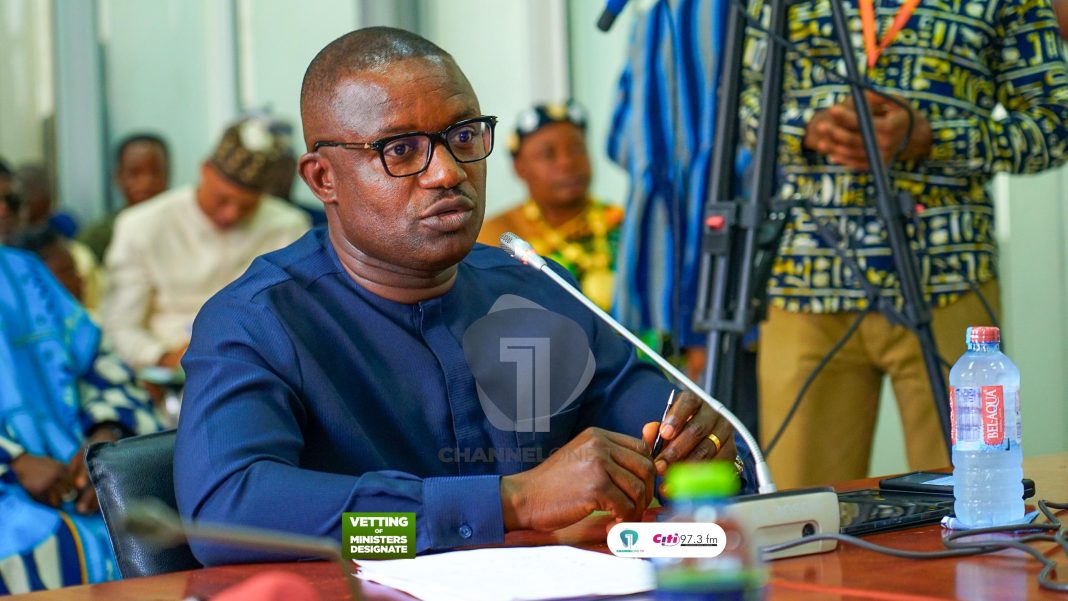Ghana’s energy sector has made significant progress in recent years — stabilising power supply, introducing digital billing systems, and expanding generation capacity.
These are no small achievements. Yet, the sector continues to strain public finances and does not fully support Ghana’s ambition for industrial transformation.
With over $2.5 billion in accumulated arrears, underutilised capacity, and a power allocation profile skewed toward consumption rather than production, a decisive shift is needed. This blueprint offers a practical and forward-looking reform agenda — to align energy with productivity, clear legacy debts, attract patient capital, and unlock the promise of regional power trade.
Now is the time to consolidate and accelerate these efforts.
Fixing the Energy Equation: Lessons from Global Transitions

Fig. 1
Ghana is not alone in confronting a misaligned energy sector. Countries like South Korea, Vietnam, Morocco, and Uruguay faced similar challenges but successfully transitioned by fixing what I call the energy equation: ensuring that the cost of delivering power to the economy is outweighed by the economic and fiscal value it generates. In other words, making the power sector a net contributor to growth and public revenue, rather than a persistent liability.
• South Korea made power access central to its industrialisation strategy, transforming KEPCO into a commercially viable utility that supports exports and generates returns for the state.
• Vietnam aligned tariffs with economic priorities, prioritising electricity for manufacturing and attracting global supply chains.
• Morocco reduced fuel imports by scaling renewables and aligning energy infrastructure with agro-industrial value chains.
• Uruguay invested in renewables, reaching over 90% clean energy and turning its power mix into a climate and fiscal asset.
Their shared insight: energy reform was not standalone — it was central to broader economic
strategy. Ghana must follow suit.
1. Drive Efficiency Through Distribution Reform
Ghana has invested heavily in improving supply reliability, but distribution remains the sector’s weakest link. Nearly 30% of power purchased cannot be accounted for. ECG’s digitalisation has improved billing, yet high technical and commercial losses persist.
Ongoing discussions around private participation through franchising or performance-based partnerships should advance with consensus. The objective is operational efficiency, financial discipline, and improved service — not privatisation for its own sake.
2. Advance Financial Sustainability Across the Chain
The sector cannot thrive on bailouts. A financially self-reliant power sector is within reach. To reinforce this trajectory:
1. Clear the $2.5 billion arrears transparently and sequentially to rebuild confidence among IPPs and fuel suppliers.
2. Rationalise tariffs using smart cross-subsidies to protect vulnerable households while ensuring competitive pricing for industry.
3. Mobilise domestic long-term capital from pensions, insurers, and bonds to finance infrastructure, reduce forex exposure, and strengthen Ghana’s capital markets and external position.
3. Align Power Allocation with Productive Use
Electricity must power factories, farms, digital systems, and exports — not just households. As Ghana eyes a 24-hour economy, power should flow where it delivers the highest returns: jobs, value-added output, and stronger fiscal performance.
This calls for policy coordination between energy and economic planners to ensure electricity allocation supports national development goals.
4. Deepen Competitive Procurement for Generation
Ghana’s generation portfolio has grown, but not always efficiently. The next phase should focus on least-cost, demand-driven capacity, selected through transparent, competitive bidding processes.
The Energy Commission’s Integrated Resource Plan (IRP) is a step forward. However, unsolicited take-or-pay contracts must be phased out.
5. Scale Renewable Energy, Especially Solar
Solar energy can transform Ghana’s energy mix by:
1. Reducing fuel import bills
2. Improve our balance of payments position
3. Stabilising long-term energy costs
4. Enhancing energy security
With appropriate incentives, Ghana can unlock utility-scale and embedded solar across industrial parks, government buildings, and rural areas. Renewables are no longer an option for the future — they are a necessity for now.
6. Enable Private Investment in Transmission
Transmission is vital to industrial expansion and regional trade — yet remains underfunded. Ghana
should open the door to private capital via PPPs and Independent Transmission Projects (ITPs), especially along industrial corridors and cross-border interconnectors.
7. Leverage Regional Trade: Powering West Africa, Earning for Ghana
Ghana has the potential to become a net energy exporter. Infrastructure like the Ghana–Burkina Faso interconnector is already in place. With a maturing West Africa Power Pool (WAPP) and ECOWAS trade protocols, Ghana can:
1. Monetise excess capacity (if any)
2. Earn foreign exchange
3. Improve plant utilisation
4. Strengthen regional influence
Exporting power could become a strategic fiscal buffer and foreign currency earner.
8. Strengthen Institutions and Market Mechanisms
Reform is gaining traction across PURC, GRIDCo, ECG, and the Energy Commission. The next step
is:
• Strengthening coordination and contract enforcement
• Expanding the Wholesale Electricity Market (WEM) into a mainstream trading platform with transparent pricing and independent oversight
Conclusion: Let’s Reset with Purpose
Ghana’s energy sector is not broken — but it is underperforming. The path to transformation is clear:
Fix what’s weak. Accelerate what’s working. Align with our economic priorities.
With a new government in place and a sector minister working with urgency, this is our window to reset the energy sector — not with hesitation, but with clarity, conviction, and collective purpose.
Education Ministry renames UHAS after late Prof. Mills
…..
Explore the world of impactful news with CitiNewsroom on WhatsApp!
Click on the link to join the Citi Newsroom channel for curated, meaningful stories tailored just for YOU:
https://whatsapp.com/channel/0029VaCYzPRAYlUPudDDe53x
No spam, just the stories that truly matter! #StayInformed #CitiNewsroom #CNRDigital
